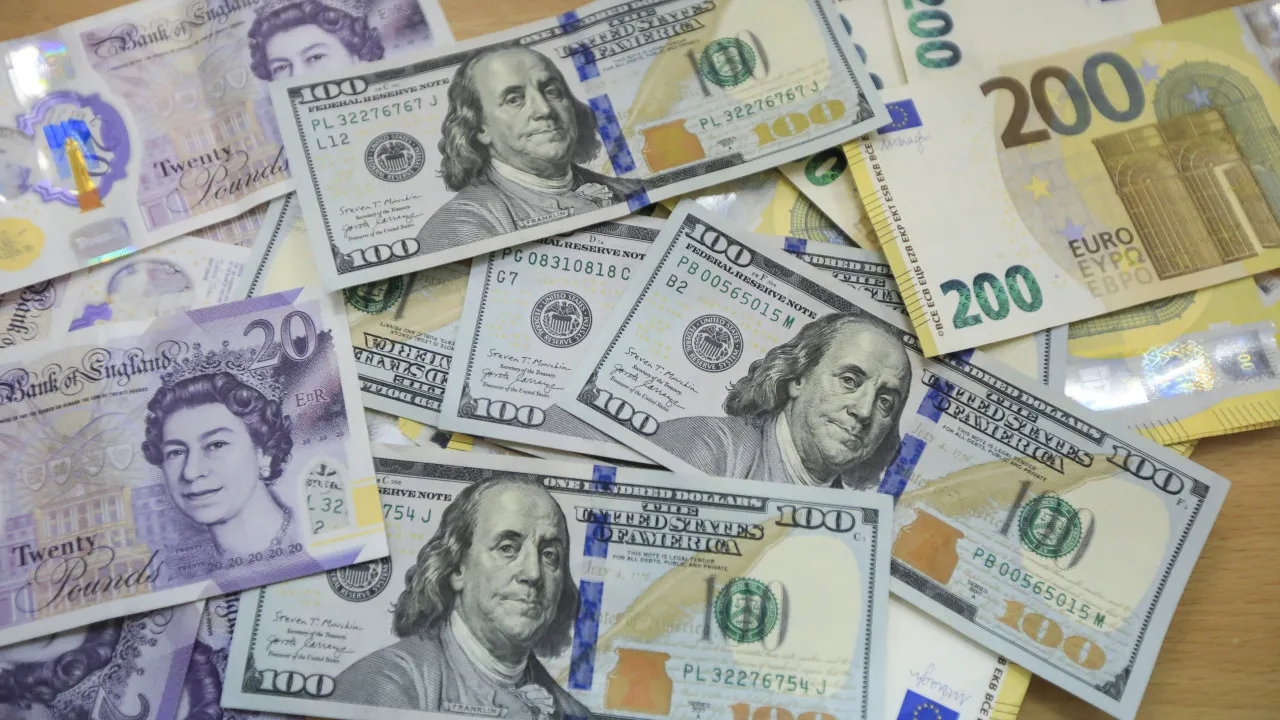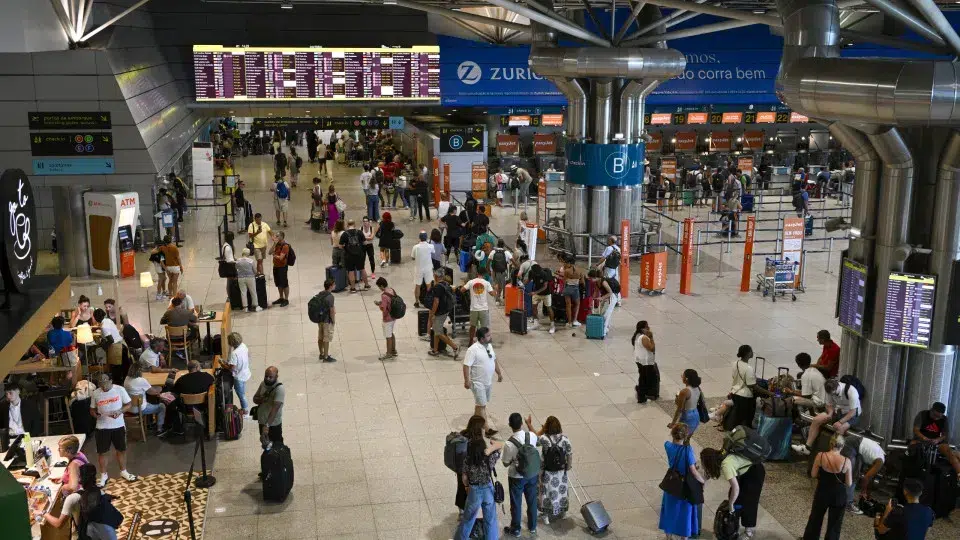
These foreign currency reserves hit their lowest point in nearly a year in February, dropping to $3.593 billion (€3.072 billion), before seeing three consecutive monthly increases. They grew by 1% during March, reaching $3.619 billion (€3.094 billion), rose by 4.3% in April, and increased by another 1.5% in May, as reported in the latest statistical report by the Bank of Mozambique.
In May, the amount of international reserves covered more than three months’ worth of estimated import needs.
These reserves, which ensure the payment for goods and services abroad by companies, reached $3.807 billion (€3.255 billion) in July 2024, hitting a three-year high at the time, now surpassed a year later.
The Governor of the Bank of Mozambique, Rogério Zandamela, acknowledged on May 30 that the country experienced a “dollarization” of the economy between late 2024 and early this year, following the post-election crisis, notably in the attempt to withdraw foreign currencies from banks.
“Today, looking historically – at the time it was not clear that was the case – certainly January was the most difficult moment […], I would say, from the end of the year, December, January. Then things calmed down,” the governor stated, responding to journalists at the end of the Monetary Policy Committee (CPMO) meeting in Maputo.
Zandamela was questioned about the assurance he provided at the end of March regarding sufficient liquidity in the foreign exchange market, when business owners complained about a lack of access to foreign currency for imports. The central bank subsequently adopted regulations in the following month to facilitate the process.
According to the governor, this position resulted from the evaluation conducted until then, subsequently revealing an attempt in the market to “shield itself with the ‘dollarization’ of financial and non-financial assets.”
“It’s not uncommon, this. It’s that when there’s a crisis situation – let’s talk openly – it’s also a matter of trust. When it undermines trust, you saw the trips abroad during that period, you saw many people leaving the country. Some lost confidence in the country, some wanted to sell everything they had and leave: ‘Does our country have a future or not?’ This pressure is not surprising, it happened. But nobody said what they were doing, and they wouldn’t say,” he explained.
“That pressure [access to foreign currencies] existed, yes, and it was very strong. And the banking sector played a role […], banks know their customers,” he assured.
Mozambique experienced the most complicated post-election period after the general elections on October 9, 2024, with protests, strikes, looting, and destruction of businesses and public institutions as a form of contestation of the results. Clashes with police resulted in around 400 deaths, according to organizations on the ground.
The violence ceased after a meeting on March 23 between presidential candidate Venâncio Mondlane, who does not recognize the election results and called for protests, and Mozambican President Daniel Chapo, sworn in on January 15, during which both agreed to end the violence in the country.




